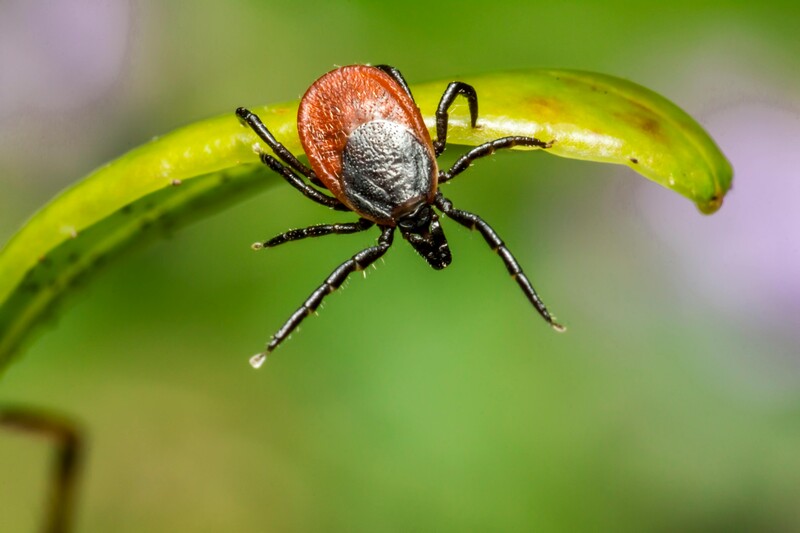The problem: Nature-loving Canadians have to be extra diligent about their post-hike tick check thanks to climate change. Longer summers let more ticks survive and reproduce, mild winters mean tick season is starting earlier, and animals looking for new habitats are carrying ticks to more places. All of this adds up to higher rates of Lyme disease, for which there is no human vaccine.
The solution: Tarsus Pharmaceuticals is testing a human version of lotilaner, a flea- and tick-killing drug for dogs and cats. In a trial, 97% of ticks died on people who got a high dose within 24 hours, while 92% of ticks died on the low-dose group. What’s more, one dose seems to offer protection up to a month later.
Yes, but: Tarsus hasn’t proven that killing a tick will stop it from giving someone Lyme disease — though since a tick typically has to be attached for at least 36 hours to transmit the bacteria, researchers are optimistic. Targeting the carrier instead of the bacteria also means it could protect against other tick-borne diseases, like babesiosis and anaplasmosis.
